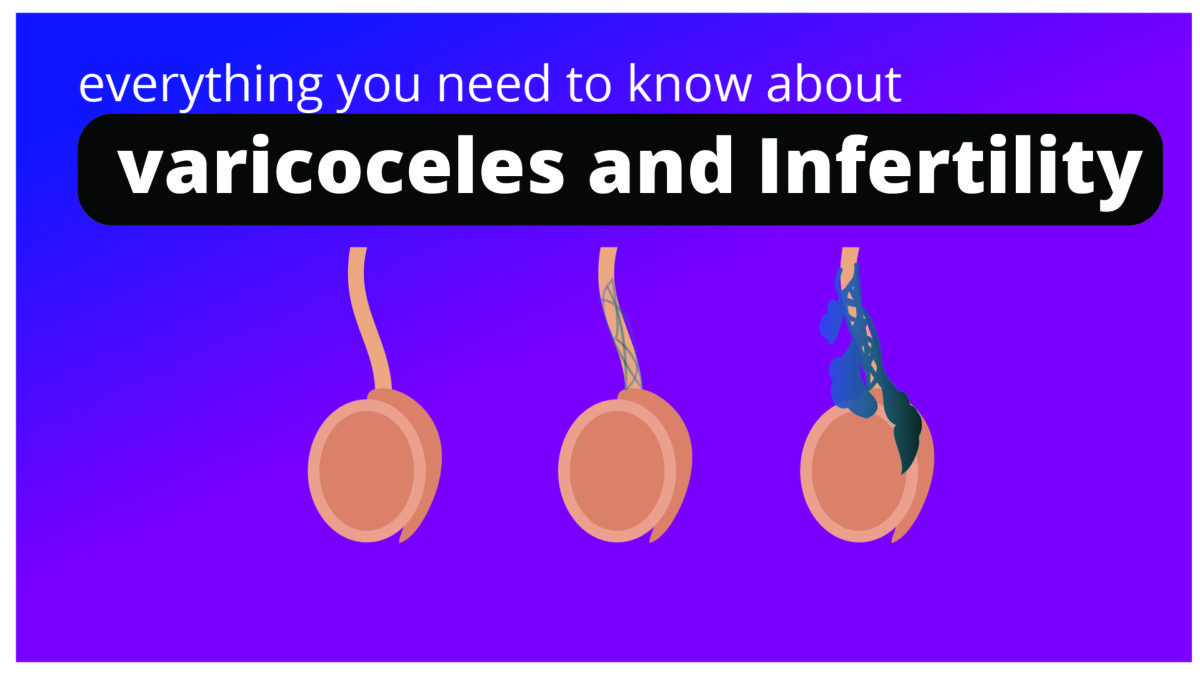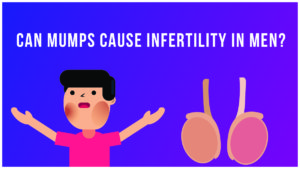I always believe, it’s my duty as a doctor to explain medical conditions in great detail to the patients. Despite being time consuming, this practice is very rewarding for the patients who suffer from male infertility. Let’s begin the lengthy – but very easy- story of the Varicocele and infertility.
What is Varicocele?
Veins and Valves
We have two kinds of blood vessels in our body. Arteries carry blood from heart towards the organs, whereas Veins bring back blood from organs to the Heart. Veins have the tough task of beating gravity to bring back blood from structures like Legs & Testes to the heart, which is situated higher up in the thorax (Chest cavity). It’s fascinating to learn how the Veins beat the power of gravity! They (veins) have valves that prevent the back flow of blood.
What would happen if these Valves fail? It’s not hard to understand that, without properly functioning valves, blood will accumulate in the veins due to backflow, leading to varicosities (dilatation of the veins)
Veins in the Testis
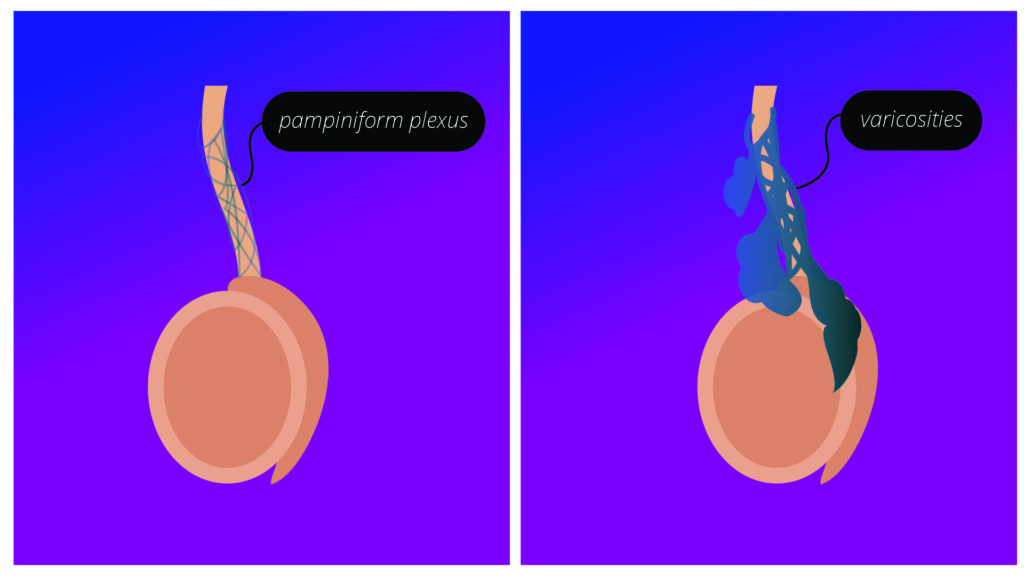
Testes have a rich blood circulation through a network of arteries and veins. Testicular arteries carry blood to the testes from the heart. But the veins (venous system) are a little bit complex. It has a network of veins, called pampiniform plexus, which later drains to the Testicular Veins.
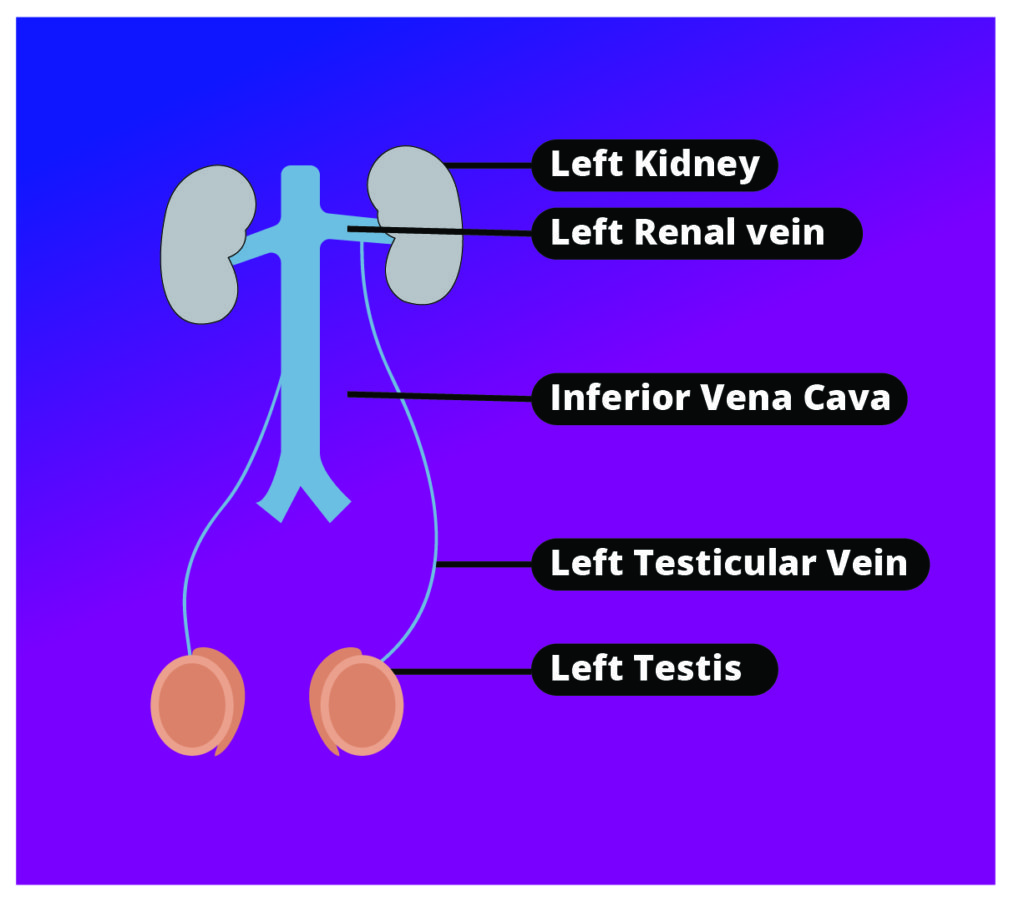
In the right testes, the testicular vein directly drains to the Inferior Vena cava (A large vein in the abdomen). But for the left testicular vein, the route is more lengthy and torturous since the vein first drains to the left renal vein at a difficult right angle, before meeting the Inferior Vena Cava.
In some men, due to various reasons, Valves of the testicular veins are absent or become incompetent, leading to dilatation (Varicosities) of the pampiniform plexus. For the reasons I explained above, varicosities are much more prominent on the left side than in the right counterpart.
What are varicoceles?
Varicoceles are varicosities (dilated veins) of the Pampiniform plexus of the testes. As we discussed above, it’s more often seen in the left testis. It can be seen in nearly 10% of men, but the prevalence is higher among infertile (Sub fertile) men and in the elderly men.
Varicoceles and Tumours.
Most of the times, varicoceles occur without any secondary pathological condition. But rarely, a tumor in the abdomen (e.g.: tumor of the Left kidney involving the left Renal vein) can block the drainage of the testicular vein and cause secondary varicoceles. The doctor will examine your abdomen to exclude renal or abdominal masses and will direct you for an abdominal ultrasound scan to rule out the possibility of abdominal tumors.
Symptoms of Varicoceles
- Dragging sensation of the Scrotum
- Swelling of the scrotum
- Male infertility or Sub-fertility
Signs of Varicoceles
- When palpating (feeling) the scrotum, in the standing position, you can feel the varicosities as a “bag of worms” sensation. When the patient lies down the “bag of worm” feeling will be absent or diminished.
Is there a link between Varicocele and infertility?
Okay! Now we have come to the controversial part of the article. Why do some doctors and scientists believe that varicoceles cause infertility?
- Varicocele and Infertility Coexist: Varicoceles are about 2-3 times more frequently seen among men with infertility, than with fertile men.
- Abnormal Semen Analysis findings: Initially, the seminal fluid analysis parameters aren’t affected much. But as the condition progresses most semen parameters like Shape (teratospermia), Count (oligospermia) and motility (asthenospermia) are adversely affected.
- Reduced testicular volume.
Mechanism of infertility in patients with varicoceles?
Well, this part of the article is also a bit controversial. We have a several hypothesises regarding varicocele and infertility. Now, I will walk you through them. As of our current understanding, all these following mechanisms come into play to cause sub-fertility associated with varicoceles.
- Increased Testicular Temperature
We discussed how veins are carrying blood away from the testicles, to the heart. But without proper valves, veins fail to prevent the back flow of warm blood from the abdomen to the testicles. Increased temperature inside the testis can damage the sperm producing seminiferous tubules and Testosterone producing Leydig cells. This hypothesis is supported by the evidence that, surgical repair of varicoceles have shown to lower the testicular temperature in both animals and humans.
- Restriction of arterial blood flow to the testis
So the arteries bring the oxygen rich blood to the testis. But when the veins dilate and occupies more space within the testis, arterial blood flow attenuates to compensate for the venous blood pooling. This cut-off of oxygen rich blood can induce hypoxia (lack of oxygen), which in turn can damage the cells of the testis.
- Increased intra-testicular Pressure
As we discussed above, the impaired venous drainage leads to pooling of blood within the testis. This pooling can exert pressure on the normal testicular cells and impair their function.
- Accumulation of toxic waste from the Adrenal glands.
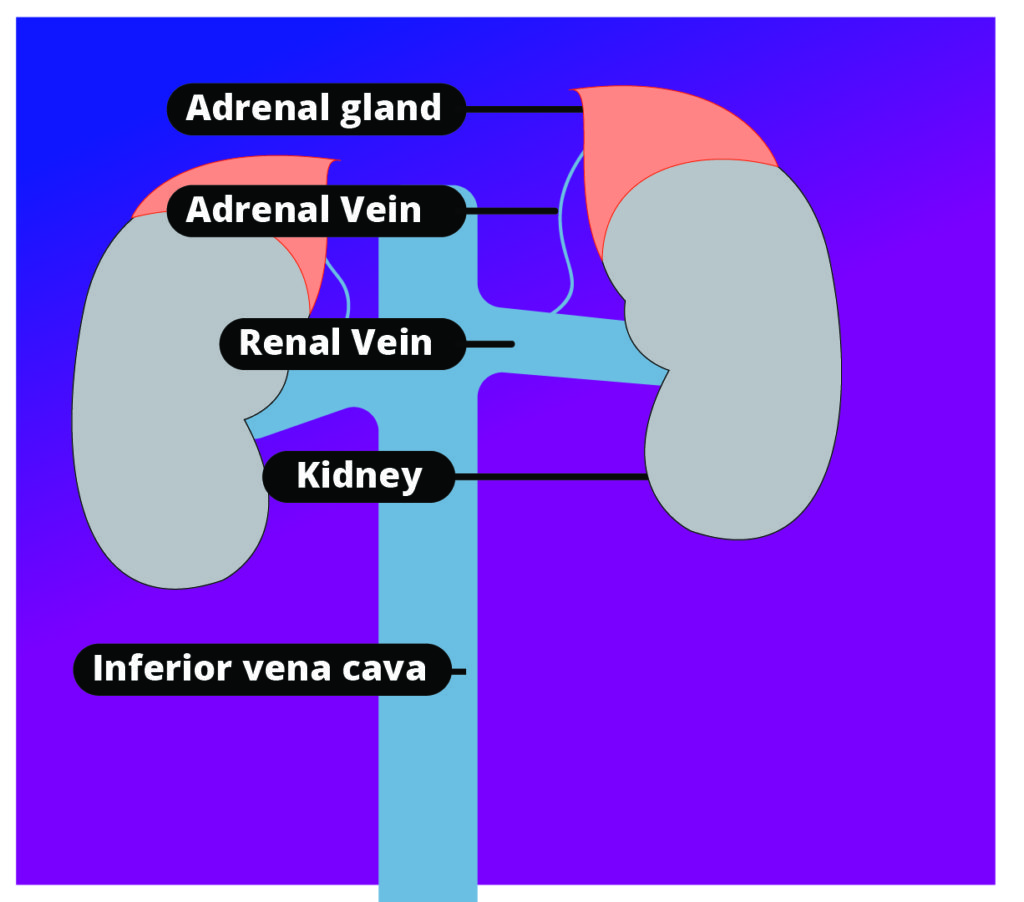
Adrenal gland is a pyramid shaped gland which sits on top of the Kidneys. It’s an important gland which produces many important hormones including Epinephrine, Norepinephrine and Dopamine. These hormones (catecholamine) are known to cause constriction of blood vessels.
Since Adrenal glands lie just above the kidneys, the adrenal glands also drain to the inferior vena cava, via the renal vein. Can you guess what would happen when the valve-less testicular veins (in patients with varicoceles) cannot prevent the reflux of blood from the renal veins? Of course, the catecholamines make their way into the testicles and cause vasoconstriction.
Does treating Varicocele improve male fertility?
I wish we were done with the controversial part, as now we are going to talk about another much debated topic regarding varicocele and infertility.
- Testicular temperature: Surgical correction of varicocele (varicocelectomy) has shown to restore the testicular temperature.
- Semen analysis parameters: Some studies have shown, improved semen analysis parameters following the surgery.
- Pregnancy rates: one highly acclaimed medical study regarding this subject is Nieschlag et al. The study showed that the pregnancy rates of men who underwent treatments for varicoceles were not much different to the rates of men who received only counselling.
But the same study noticed that, the only prognostic factor which improved the pregnancy rates after the treatment of varicoceles was the age of the female partner.
Your doctor might still suggest treating varicoceles to improve the pregnancy rates, when he/she is confident that varicocele is the primary abnormality which lead to infertility and when the age of the female partner is not a barrier. But for most patients, Intra Cytoplasmic Sperm Injection has been the most successful way to improve fertility.
Treatment options for varicocele and infertility?
- They usually need no treatments except counselling and the advice to wear tight fitting underwear. But when it is associated with troublesome complications, they can be treated radiologically by embolizing the testicular vein or surgically by ligating the testicular veins.
- But as I explained above, treatment is not usually conducted to correct infertility in men. For infertile men, novel treatment options like Intra-Cytoplasmic Sperm Injection (ICSI) have shown to be more effective.

